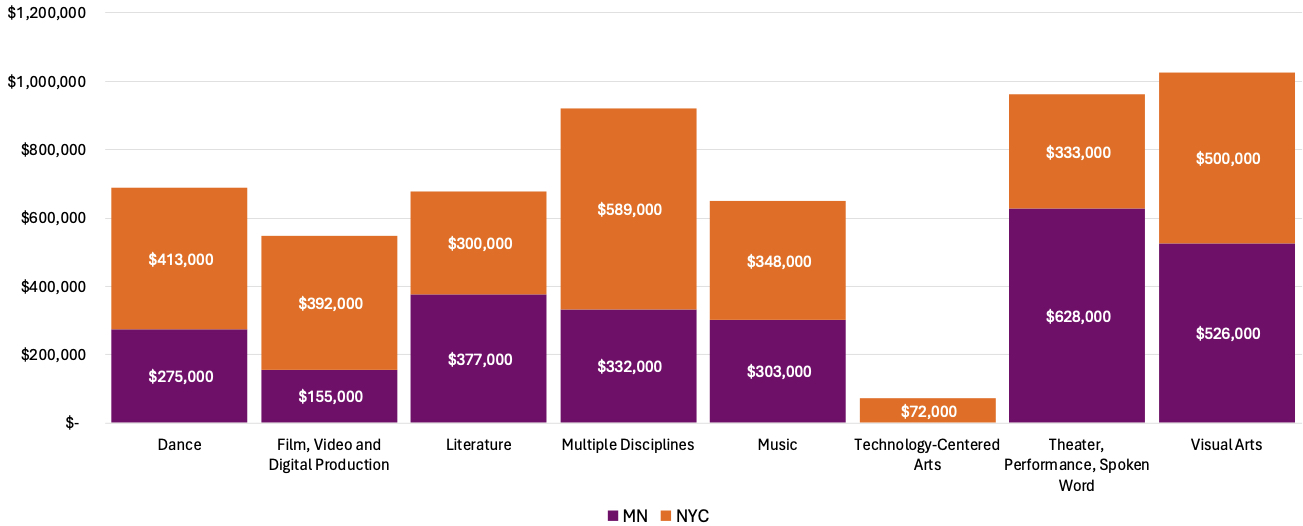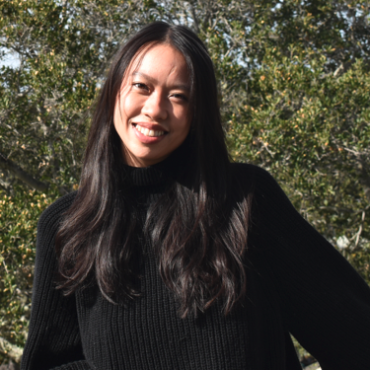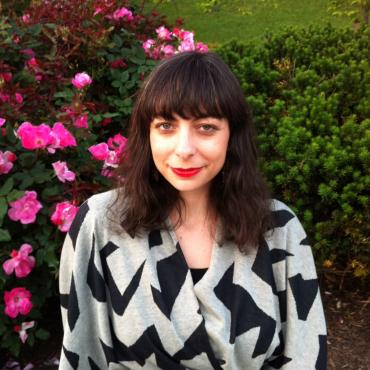Arts
Organization
Grants
To Sit Awhile (sculpture by Alison Saar at Pillsbury House Theatre). Photo Credit Bruce Silcox.
Arts Organization Grantmaking
Jerome Foundation supports arts organizations rooted in the practices of belonging, nurture, equity, love, and respect, where every voice is valued, every story matters, and learning is embraced as a continuous journey. Grantee organizations offer early-career artists and culture bearers–who take creative risks, pursue innovative artistic approaches, and demonstrate a clear creative purpose and vision—with vital resources and opportunities and are active as part of a larger ecosystem of support for early career artists across the five boroughs of New York City and throughout urban and rural Minnesota.
Arts Organization Grants contribute to hundreds of opportunities for artists through residencies, mentorships, fellowships, professional and new work development programs, productions, and commissions, laying the groundwork for current and future creative experiences across multiple artistic fields.
Funding by Artistic Field and Geography 
Jerome Foundation recognizes the profound challenges and volatility arts organizations face in these times. In response, the Foundation moved in 2022 from an open call approach in our arts organization funding to a relationship-centered model rooted in care, trust, collaboration and ongoing funding. By supporting multiyear grants and durational partnerships, we aim to nourish the arts infrastructure that sustains the early career artists at the center of our mission and cultivate vibrant creative possibilities for our communities. Our decisions are guided by deep listening to artists and arts leaders. We are committed to cultivating thriving ecosystems.
We recognize that there are far more arts organizations than we can fund that share our commitment to supporting early career generative artists in Minnesota and New York City arts organizations, and whose missions, practices, and values align strongly. Though we do not have an open application for arts organizations, we are actively in dialogue with arts organizations and open to contact from those who resonate with our mission, vision, and priorities. We do not have an open call or invitation to apply as we do not have capacity to continually add grantees on an annual basis.
Before reaching out to the Foundation about funding possibilities, organizations are asked to thoroughly review Jerome Foundation’s eligibility criteria as well as our mission, practices, and values to affirm potential alignment. If you believe your organization is eligible and aligned, Minnesota-based organizations may send an email to TA Kieu, and New York City-based organizations may send an email to Melissa Levin. After an inquiry is received, organizations will receive an email response from staff with an eligibility/alignment determination and/or an invitation for a brief introductory meeting. Learning about the work of arts organizations that are not currently funded provides the Foundation with the opportunity to extend future application invitations to those eligible and strongly aligned organizations when we do have capacity.
- Be 501(c)3 arts organizations or have a fiscal sponsor with a 501(c)3;
- Be located in the state of MN or one of the five boroughs of NYC;
- Offer ongoing programs or opportunities explicitly serving multiple (2 or more) generative* early-career MN or NYC-based artists or collectives per year to create, develop, and present new original work and expand their artistic careers** and which fairly compensate artists for their involvement;
- Have been offering programs or opportunities for early career generative artists for at least 3 years. The Foundation does not support start-up organizations.
Jerome Foundation supports organizations that offer artistic home to early career artists. The types of programs the Foundation supports include those that offer deep relationship and engagement with artists, such as fellowships, residencies, commissions, mentorship programs, etc.
*Generative artists conceive and create new original work (e.g., choreographers, composers, playwrights and devisers, filmmakers, poets, writers of fiction or creative non-fiction, visual artists, etc.). Jerome does not fund artists who solely perform or develop/produce the work of others (e.g., dancers, musicians, actors, editors, designers, journalists, etc.). Generative artists will have a demonstrated history of conceiving and creating new original work, and their primary future career goal is to continue as generative artists.
**New original work has been created and developed by the artist from concept to completion and is not a remount, revival, or interpretation of previously existing material.
- Organizations that are focused on arts education or other educational programming;
- Organizations that charge an application fee or require fees from artists to participate;
- Organizations that do not develop or serve early career artists beyond publicly presenting their work through exhibiting, screening, publishing, etc.;
- Organizations whose programs, services and/or opportunities for early career artists are primarily focused on remounting, reprinting, adapting or reinterpreting previously created work;
- Programs that benefit a single project for a single artist or collective (i.e. support to produce one play or film; paint one mural; present one composer or choreographer)
- Organizations in which early career artists are seen as incidental, ancillary or occasional participants.
- Buildings, endowments, capital campaigns or cash reserve requests
- Arts education programs
- Degree-granting and conservatory programs
- Festivals of work or one-time events or celebrations
- Documentation of work as the primary grant purpose
- Marketing and audience development as the primary grant purpose
Program Staff


Born in Saigon and rooted in Minneapolis, Truc Anh (TA, pronouns she/hers) is a queer, Southeast Asian artist/maker, and racial justice grantmaker. She is passionate about creating the conditions for transformative change that centers racial, gender, and disability justice, especially at the intersections of LGBTQIA+ and Southeast Asian communities. In her previous role at Borealis Philanthropy, TA supported the Racial Equity to Accelerate Change (REACH) Fund which supported racial equity practitioners/capacity builders in the nonprofit sector.
As a 1.5 generation immigrant by way of war, Truc Anh is powered by stories of resistance and resilience. She practices art for healing and for joy. In her spare time, TA can be found outside in her garden, exploring the North Shore, cooking with her friends, or reading. Truc Anh graduated from Carleton College with a degree in Sociology and Anthropology with a minor in Women & Gender Studies.


Melissa Levin is a values-driven arts administrator, artist-centered curator, and steadfast advocate for just and equitable practices in the arts. For more than 12 years, Melissa worked at Lower Manhattan Cultural Council (LMCC) where she was the Vice President of Cultural Programs. Her role encompassed wide-ranging institutional and artistic leadership, overseeing LMCC’s major artist-centered and public-facing initiatives including the River To River Festival, the Arts Center at Governors Island, and LMCC’s artist residency programs. She next led a newly formed Artists, Estates, and Foundations division at Art Agency, Partners in its inaugural three years. Starting in 2016, with collaborator Alex Fialho, Melissa has stewarded the legacy of and curated critically acclaimed exhibitions dedicated to the late artist Michael Richards, including Michael Richards: Winged (LMCC, 2016; Stanford University, 2019) and Richards’ first museum retrospective, Michael Richards: Are You Down? (The Bronx Museum, 2023–24; North Carolina Museum of Art, 2023; MOCA North Miami, 2021).
Melissa additionally serves on the boards of the Artist Communities Alliance and Danspace Project. She holds a B.A. with honors in Visual Art and Art History from Barnard College.
